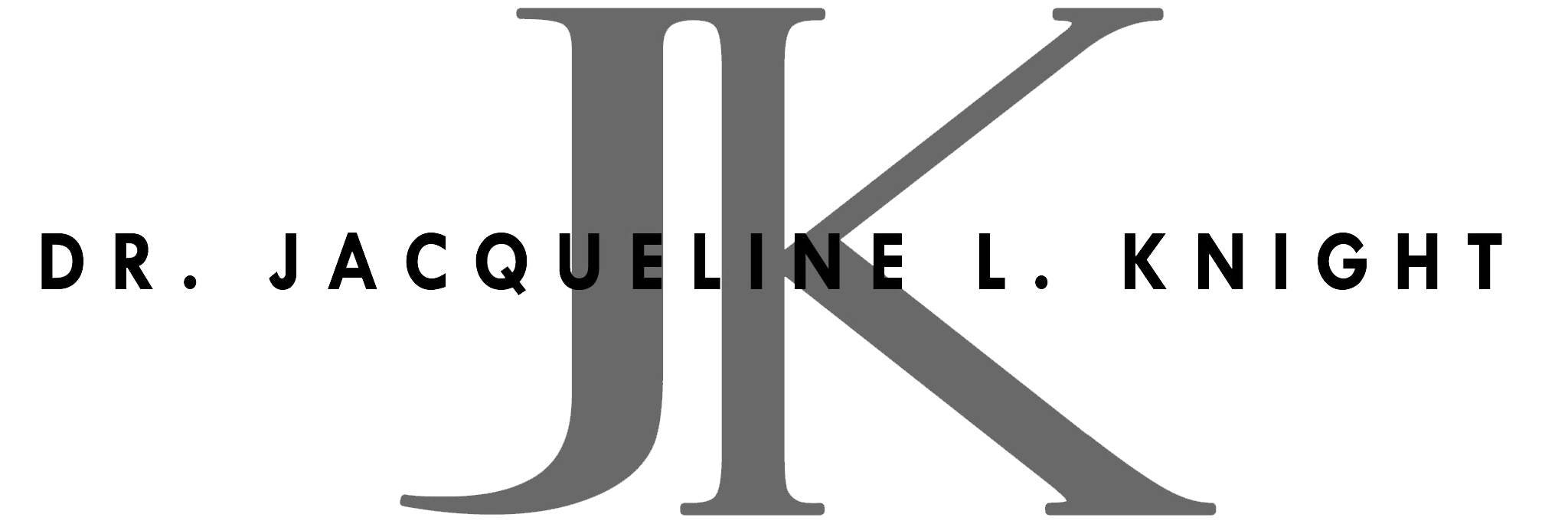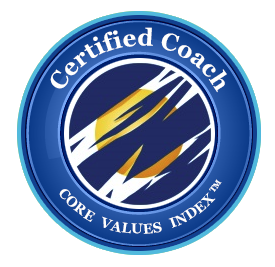
Executive Coaching is a top priority in the Fortune 100 companies of the United States. Coaching services have long been stigmatized as abnormal practices or services needed only in times of extreme situations. However, the reality is that leaders such as Barack Obama, Steve Jobs, Tiger Woods, and Michael Phelps all had personal coaches to help them play to their strengths and not their weaknesses. It is time for organizations to dispel this stereotypical mindset and prioritize hiring coaching services.
Furthermore, coaching is aimed at achieving specific goals, and it is less effective when used as a universal remedy. As a result, the science and art of coaching should be more precise and structured to meet the needs of the particular situation.
Before you hire coaching services or a coach, ask these five powerful questions:
How valuable is this person to your organization in terms of their potential and performance?
What issue does the person you want to have coached face?
Is your executive willing to work with a coach?
Are there any alternatives to coaching available?
Is there a supportive peer group available for the person being coached?
Coaching can be a field that requires a significant investment of time and money. The decision to hire a C-level or A-level coach depends on the organization and coach, taking into account their budget and resources.
Who Needs It?
If coaching is demanding and the cost is high, this question is very pertinent for the organization to make the best use of his financial resources to get the maximum return. In general, everyone at C-level leadership, including business heads, unit heads, technical and functional wizards and high-potential young leaders are required to get coached.
Understanding the potential of your team is essential to offer them coaching services. As previously stated, the individual’s value being coached determines the necessity for coaching. High-performers, creative and innovative team leaders, and intrinsically motivated trailblazers are the best candidates for coaching services.
To estimate the potential cost of hiring a coach, it’s important to note that it can vary. However, to make a more accurate estimate, it is recommended that organizations compensate a C-level coach at a rate similar to that of a C-level attorney.
If you think it’s excessive, take a moment to appreciate the worth of a capable coach. A capable coach possesses the expertise and know-how to recognize a leader’s predicament, question their suppositions and decisions, and propose the most effective and innovative resolutions.
What is Stuck Point?
Behavioral change, human nature, and organizational attitudes are the core competencies of an executive coach. The coach can easily identify areas for coaching when leaders struggle to manage people, which is a common challenge faced by many executives. Through coaching, the coach helps the leader gain a better understanding of human behavior, and how it impacts organizational attitudes, which can ultimately lead to positive behavioral change.
The primary goal of an executive coach is to help leaders think through and reach the root cause of their problem. The coach supports leaders by helping them demystify their assumptions and identify the real issue with as many options and dimensions as possible to access the best solution. By doing so, the coach empowers the leader to take ownership of their problem and find a solution that works for them and their team.
Both leaders and coaches work collaboratively to decode the sticking points that hinder their organization, team, or business from achieving success. As leaders become empowered by successful coaching, they begin to coach their juniors with the same skill and competence, creating a culture of coaching and empowerment within the organization. As a result, the organization becomes a living example of the benefits of coaching and how it can help individuals and teams achieve their full potential.
Are you ready to get coached?
When determining who needs executive coaching, it is essential to consider the executive’s willingness to receive coaching as a crucial component for behavioral change. Coercing individuals into coaching rarely produces positive results, and the concept of “coachable clients vs. un-coachable clients” is prevalent in the coaching industry. In fact, executive coaches often inquire about a potential client’s coachability during their initial meeting to gauge their willingness to confront the truth and take necessary actions to improve.
There are various reasons why leaders may become un-coachable, including a know-it-all attitude, a superiority complex, a refusal to admit mistakes, a lack of interest in personal development, and a dismissive attitude towards changing company demands. Although it is possible to coach un-coachable clients, it is often an uphill battle with little to no significant change. Therefore, top executive coaches such as Marshall Goldsmith advise against investing time and effort in un-coachable clients.
It is important to note that even coachable executives may encounter obstacles during their coaching journey. However, coachable clients are more likely to take ownership of their development, exhibit a growth mindset, and be open to feedback and change. With the right mindset and approach, executive coaching can have a profound impact on an individual’s personal and professional growth, leading to improved performance and organizational success.
“I believe that people, unless coached, never reach their maximum capabilities.” Bob Nardelli
Becoming a transformational leader requires coachability, which is a crucial aspect of personal growth. A coach, mentor, or teacher can help a leader achieve unprecedented growth. Coachable leaders are self-aware and have a realistic understanding of their strengths and weaknesses. They take full responsibility for their decisions and actions.
Conclusion:
Executive coaching has become a pressing need in today’s world. Leaders at every level are expected to improve their performance and unlock their potential through coaching. However, the high cost of hiring a skilled coach often serves as a significant obstacle for many organizations. To overcome this hurdle, companies should identify key players within their ranks and provide them with coaching services. These leaders can then train other managers and create a coaching culture that fosters the holistic growth of the organization. The five questions listed above serve as an excellent starting point for organizations looking to incorporate coaching insights and culture among their top leaders.
By embracing executive coaching, companies can empower their leaders to think critically, challenge their assumptions, and make better decisions. This, in turn, can lead to increased productivity, improved performance, and better outcomes. Moreover, coaching can help leaders build stronger relationships with their colleagues and teams, fostering a positive work environment. While the initial cost of coaching may seem high, the long-term benefits of investing in coaching far outweigh the expense. Ultimately, companies that prioritize coaching will see significant returns on their investment in terms of improved performance and growth.To sum up, executive coaching is a powerful tool for developing leaders at all levels. By identifying key players and creating a coaching culture, companies can unlock their full potential and achieve unprecedented growth. While the cost of coaching may seem high, the long-term benefits make it a worthwhile investment for any organization looking to succeed in today’s competitive business environment.
(You Can Do It)
Copyright © 2023 Dr. Jacqueline L. Knight – Executive Coach






